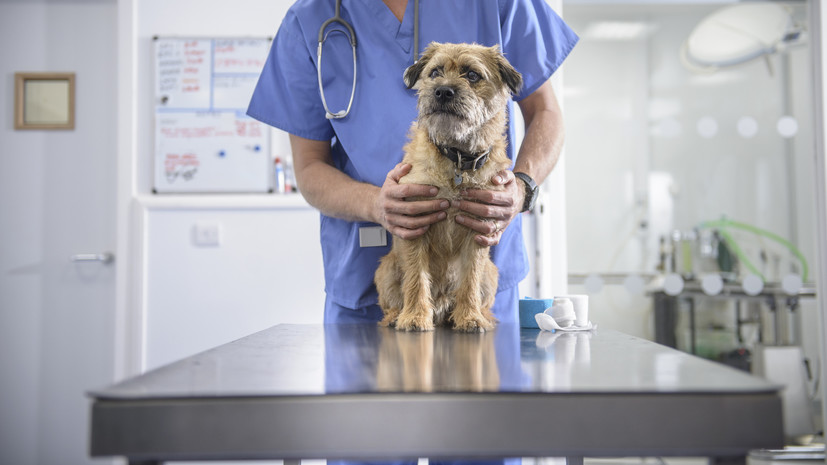"It is important to remember that the animal should be vaccinated. This should be done once a year. This is a complex vaccination, it should be given to both cats and dogs. There is a certain list of diseases that need to be prevented. First of all, we are talking about infectious diseases. In this regard, it is important to vaccinate animals annually with subsequent revaccination," the veterinarian said.
According to him, the time of year does not really matter when choosing the date of vaccination. The main role here is played by when the previous vaccination was given.
"For example, if an animal was vaccinated on May 20, then it needs to be revaccinated about a year later (and before the date of the previous vaccination) - in the period from May 15 to May 20. If the animal is vaccinated later, for example, in September, the animal will not be immune for several months. Accordingly, when in contact with the infection, it can become infected," Loginov explained.
At the same time, the RT interlocutor recalled that in autumn and winter, the body of animals usually weakens. At this time, they are more susceptible to various colds and hypothermia. This is especially true for those pets that do not walk much and spend almost all the time in the warmth.
"Usually these are small animals, I recommend insulating them before walking in the cold, not to stay outside with them for a long time, and to carry them to the place of walking in your arms. But this is if the temperature drops to -10 °C," the expert said.
Also, in the autumn-winter period, it is worth paying attention to the selection of vitamins for pets, because the usual diet does not always compensate for their deficiency.
"In this case, it is worth adding vitamin and multivitamin, mineral supplements, and top dressing to the diet. This way you can make their diet more complete. However, the relevant nuances should be discussed with a doctor in advance in order to avoid negative consequences for the health of the animal," Loginov summed up.
Earlier, Yana Christidis, a veterinarian, head of the laboratory of regenerative veterinary medicine of the Scientific and Technological Park of Biomedicine of Sechenov University of the Ministry of Health of Russia, spoke about the mistakes that pet owners make most often.

